Soft Soap is a type of soap that is composed primarily of water, potassium hydroxide (potash), and fatty acids derived from vegetable oils or animal fats. Unlike solid bar soap, soft soap is typically a viscous liquid or gel and is known for its gentle cleansing properties. It is widely used in personal care and cleaning products, and it comes in both unscented and scented varieties. Due to its mild nature, soft soap is ideal for sensitive skin and can be used for various applications, from handwashing to general-purpose cleaning.
Soft soap is produced through a process known as saponification, where fatty acids react with potassium hydroxide, producing soap and glycerin. The result is a mild, effective cleaning agent that is less harsh than some traditional soaps, making it suitable for frequent use.
Applications:
1. Personal Care and Hygiene
- Hand Soap: Soft soap is commonly used as a hand wash. Its gentle formula makes it suitable for frequent use without drying out the skin. Many soft soaps contain moisturizing agents like glycerin to keep the skin soft.
- Body Wash: Soft soap can be used as a body wash for bathing, providing a mild cleansing action that is less irritating to sensitive skin than regular bar soaps.
- Face Wash: Mild soft soap formulations are also used for facial cleansing, especially for individuals with dry or sensitive skin, offering an alternative to harsher facial cleansers.
2. Household Cleaning
- General-Purpose Cleaner: Soft soap can be diluted with water to create a versatile, gentle cleaning solution for surfaces, floors, and other areas. It is suitable for cleaning countertops, windows, and furniture without causing damage to most surfaces.
- Dish Soap: Some soft soaps are specifically formulated as dishwashing liquids. They help to remove grease and food residues from dishes while being gentle on hands and the environment.
- Laundry: In some cases, soft soap is used as a mild detergent for washing delicate fabrics, as it is less abrasive than conventional laundry detergents.
3. Industrial and Commercial Uses
- Industrial Cleaner: Soft soap, especially when concentrated, can be used in industrial cleaning for removing grease, oils, and dirt from machinery and equipment. It is also used for cleaning heavy-duty items in food processing plants and factories.
- Cosmetic Manufacturing: Soft soap is sometimes used as an ingredient in cosmetics, such as emulsions, shampoos, and body lotions, due to its mildness and moisturizing properties.
- Agricultural Use: Some agricultural sprays include soft soap as an ingredient to help clean equipment or as part of organic pest control formulas, as it is non-toxic and biodegradable.
4. Specialty Applications
- Shaving Soap: Some soft soaps are designed for use as shaving soap, creating a lather that softens the skin and hair, making shaving easier.
- Pet Care: Soft soap is often used for cleaning pets, as it is less likely to irritate their sensitive skin compared to harsher detergents and soaps.
Safety Guidelines:
- Personal Protective Equipment (PPE):
- Skin Protection: Soft soap is generally mild, but if you have sensitive skin or are prone to allergies, wearing gloves may help prevent irritation during prolonged use.
- Eye Protection: While soft soap is usually safe, accidental splashes into the eyes should be avoided. If this happens, rinse eyes immediately with water for at least 15 minutes.
- Respiratory Protection: No special respiratory protection is typically required for the use of soft soap unless it is in an industrial setting where large quantities are used, and fumes or mists could be inhaled.
- Storage:
- Store soft soap in a cool, dry place, away from direct sunlight and sources of heat. Keep the container tightly sealed to prevent contamination or evaporation of the solution.
- Some formulations of soft soap may be sensitive to freezing temperatures, so store in a location where temperatures remain above freezing.
- First Aid:
- Inhalation: If inhaled in large amounts, move the person to fresh air immediately. If symptoms such as coughing or shortness of breath persist, seek medical attention.
- Skin Contact: In case of skin irritation, wash the affected area with water and soap. If irritation continues, seek medical advice.
- Eye Contact: If soft soap comes into contact with the eyes, rinse immediately with plenty of water for at least 15 minutes. If irritation persists, seek medical attention.
- Ingestion: Ingesting small amounts of soft soap typically does not pose a significant risk, but if a large quantity is ingested, rinse the mouth with water and seek medical advice.
- Disposal:
- Soft soap is generally biodegradable, making it environmentally safe for disposal down the drain in most cases. However, if it contains any additives or chemicals, refer to local disposal guidelines and follow proper waste disposal procedures.

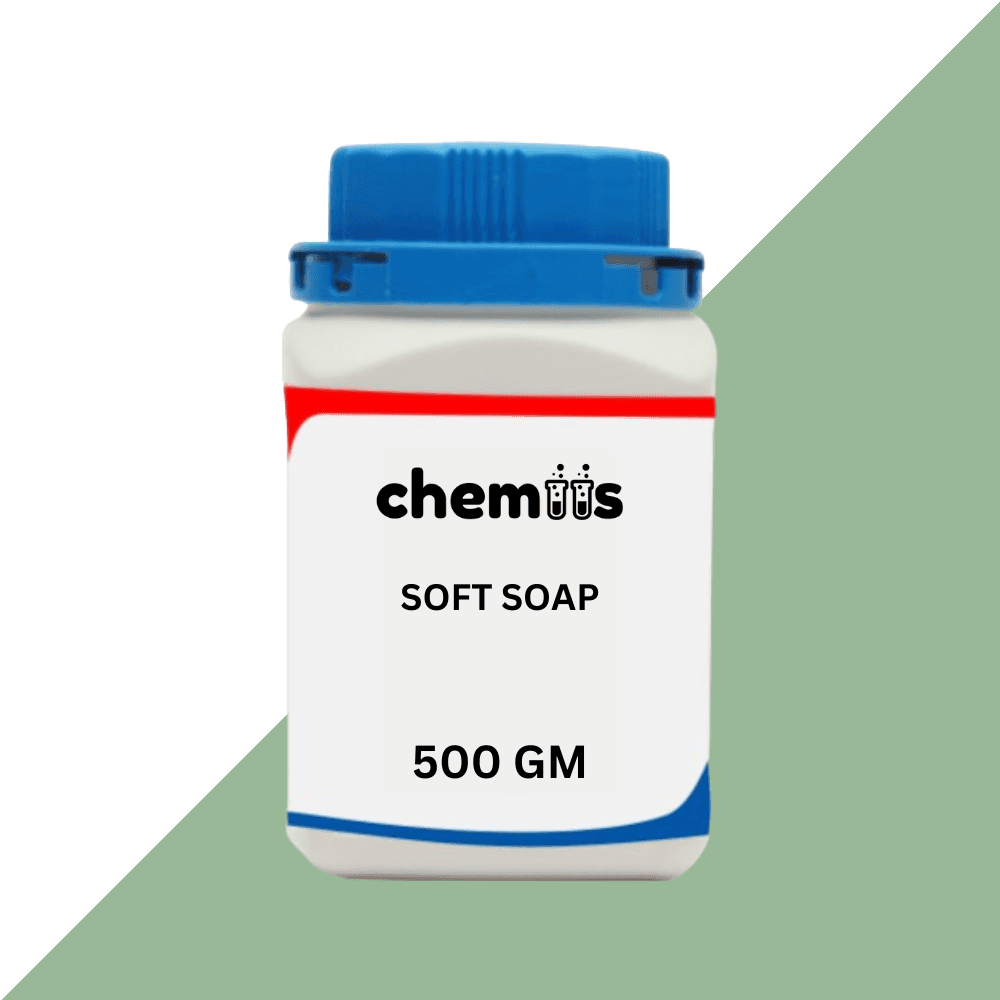
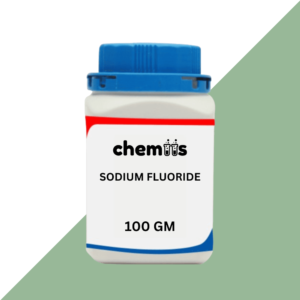
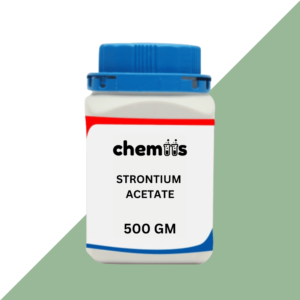

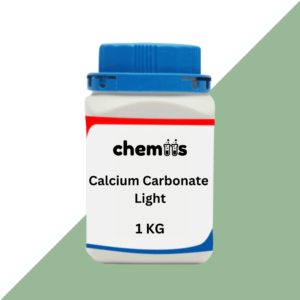
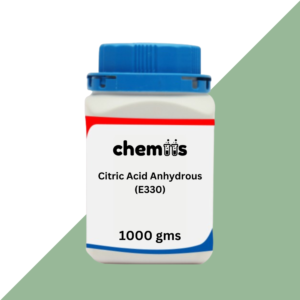
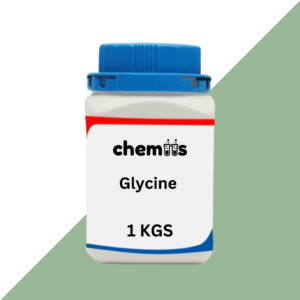
Aarti Shukla (verified owner) –
Consistent quality.
Parth Joshi (verified owner) –
Will definitely order again.
Kusum Kumari (verified owner) –
Good service.
Shruti Bhandari (verified owner) –
Neatly packed items.
Ankur Tyagi (verified owner) –
Reliable chemical supplier.
Nandini Kaul (verified owner) –
Received in good time.
Jayant Mishra (verified owner) –
Neat and secure packaging.
Raj Malhotra (verified owner) –
Very professional service.
Nandini Kaul (verified owner) –
Better than local suppliers.
Aditi Menon (verified owner) –
Good chemical purity.